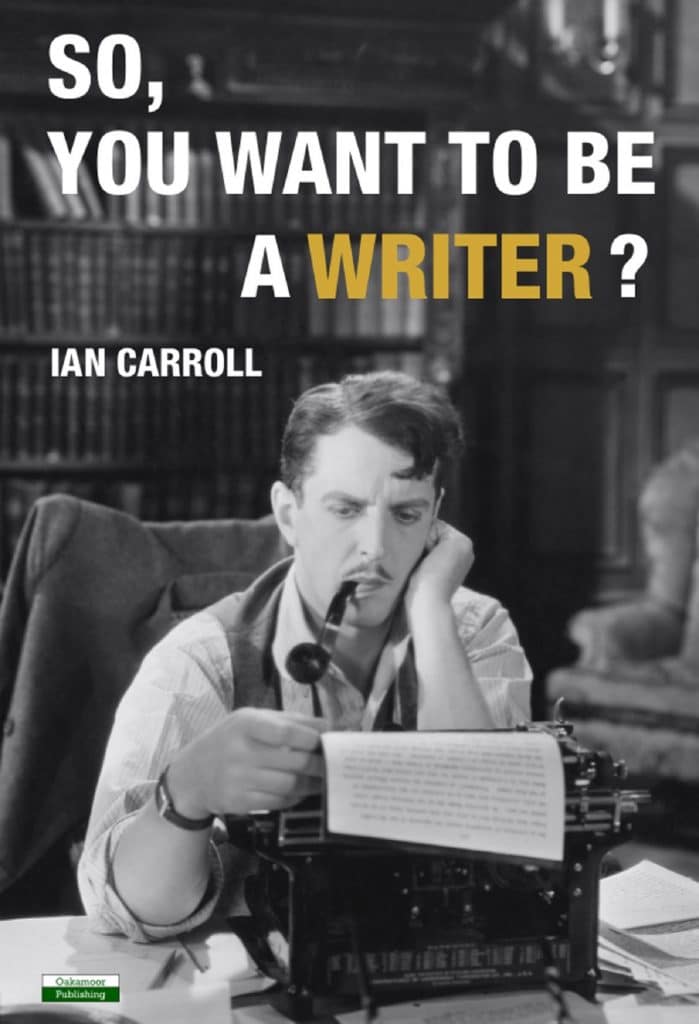An excerpt from:
click on the cover to learn more
Thanks to the advent of eBooks and the self-publishing opportunities that exist (of which more in the next chapter), what once seemed like a closed shop is now very much open for business. Traditional publishers are in flux. The times really are a-changing, and that’s good news for writers.
Previously, the publishing world appeared out of reach for most mere mortals. The workings of publishers were a mystery, and their hallowed halls were not for the likes of us. Occasionally, some lucky author would breach their barricades and disappear through the gilded portal before later reappearing on the other side, bedecked in fame and fortune, and almost unrecognisable from the struggling artist they had been for all of the years leading up to their anointment.
No one knew how they had overcome that seemingly insurmountable hurdle, except I can guarantee that their success involved two key ingredients. They had persistence, and they had a product.
After the best part of three decades, I myself finally managed to breach the same barricades. How did I do it? I followed the advice given in the previous chapter and did the exact same thing.
I took out my Writers’ and Artists’ Yearbook, I went to the chapter on Publishers. I wrote down the contact details for every publisher of non-fiction, leaving out all of those who stated that they were not open for submissions. I was left with a list of about 50 companies that I could approach.
Five at a time, I sent each of them an email titled ‘Two best-selling non-fiction books’, which was sure to grab their attention and which was, luckily, the truth.
I then told them a little bit about myself and said that I believed I was ready for ‘proper’ publication, and would they be interested? I told them about the two books I had written, which had made it into the top-five on Amazon in their particular subject. I also gave them a copy of my literary CV.
The result? Lots of positive feedback, and ultimately two book publishing deals.
Now, these people didn’t just say ‘thanks for your email. Here’s a book publishing deal’. No. We talked. We had email exchanges and spoke on the phone.
One of the publishers read my CV and spotted a play that I had written. They suggested a book on the same subject. Of course, I said yes.
The other deal was for one of my pre-existing tomes, one of the ones that I’d talked up in my initial email. It was high in the Amazon charts for sales and reviews. In one month alone, that particular book had earned me £1,000. And that was at £1 a copy. Sales were 1,000 for a single calendar month. Not a bad return (in truth, my best ever!), and it made those publishers sit up and take notice.
So, whilst it wasn’t as simple as just sending an email, and there were further negotiations required, at least I had a foot in the door. These people were talking to me. We worked it out and got there in the end.
Neither of the publishing deals were with major publishing houses. These were more bespoke, independent players. I wasn’t being offered huge advances. There was no talk of giving up the day job just yet. But these were professional and respectable publishers. They both offered me a deal. And I accepted.
So, do your research, approach them in a manner in which they wish to be approached, and do the deal as professionally as you would in any other area of your life. Don’t get flummoxed because the dream you’ve held for all of your adult life is about to come true. This is business. Nice business, but business all the same.
Get the deal out of the way, and then you can get back to your writing.
Publishers are more approachable than they have ever been before. You can find them on the internet, on Twitter, or in the Writers’ and Artists’ Yearbook.
Once you have something of merit, make the call or send that email. Or, like I did, think of your self-published eBook as an advance publicity campaign for the major publishing deal you hope to sign.
If – and when – you do get published, you’ll benefit from all of their editorial and marketing expertise. And you’ll be a writer of a different ilk. Somehow validated. You’ll probably feel like you’ve reached the top of a very high mountain. You’ll probably give yourself a pat on the back and say to yourself, ‘I did it!’ And rightly so.
Publishers need writers, without whom they have no product. Their fortress walls have never been more vulnerable.
So go storm the barricades!

